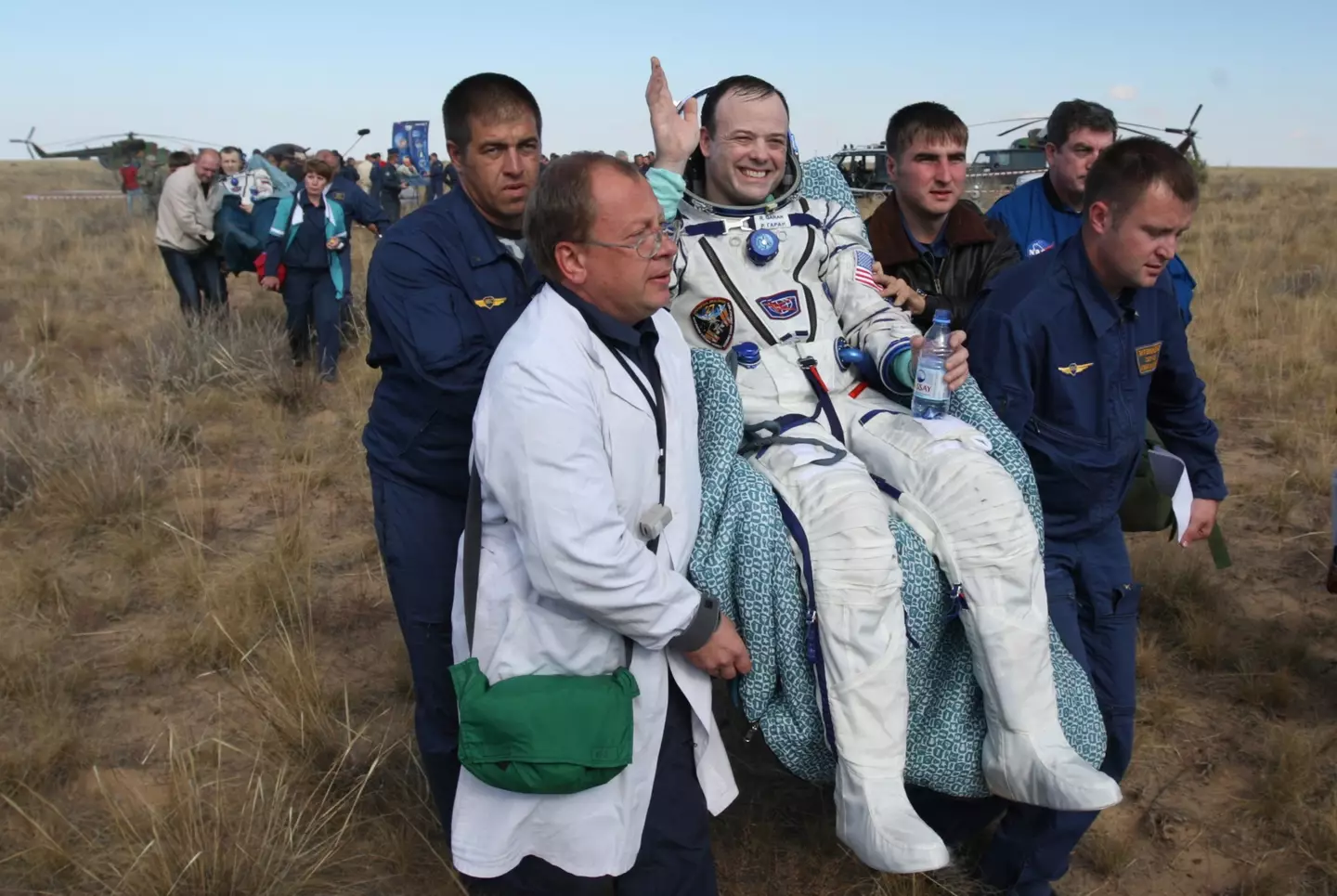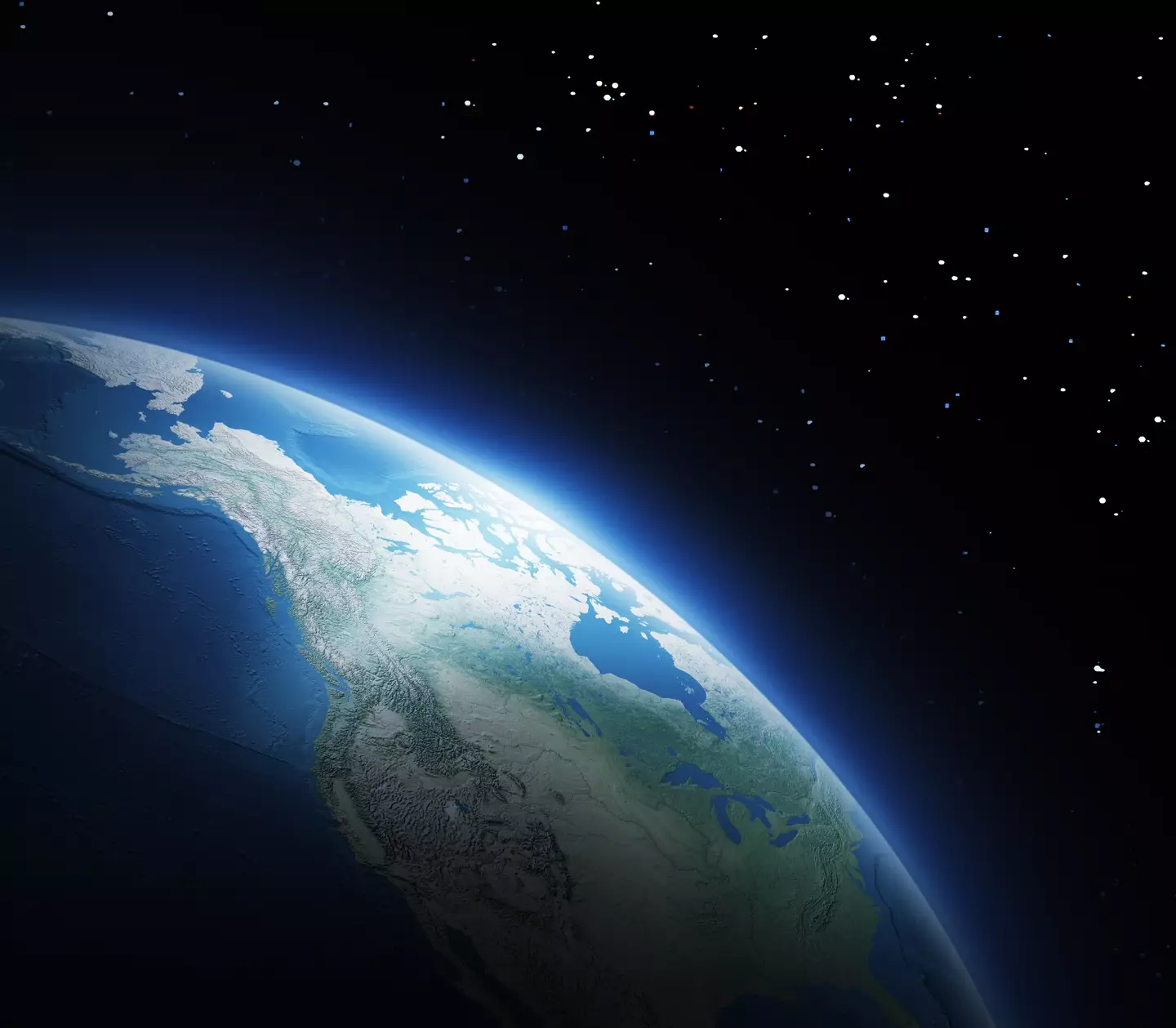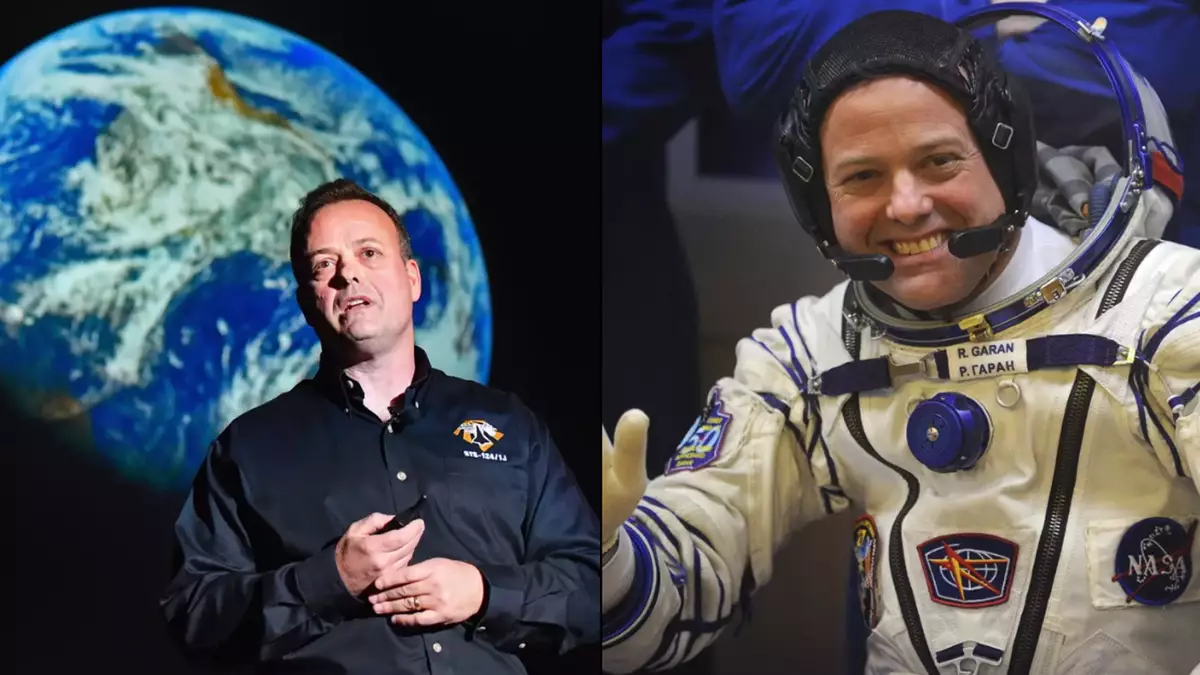A change of scenery can do wonders for us humans when we are stuck in a rut. Imagine the impact a trip to space can have.
Just changing my usual lunch spot gives me a new lease on life, which NASA astronauts like Ron Garan probably find ridiculous.
He is one of the few people who has taken a trip to the International Space Station (ISS) and seen things that we mere mortals probably cannot comprehend.
While spacewalks, scientific exploration and the solar system are super cool, orbiting Earth in the ISS isn’t as glamorous as you might think.
It turns out that it’s not all fun and games when you’re on vacation from our planet. Wearing a spacesuit is pretty uncomfortable, the insulation can really mess with your head, and you’re putting your health at risk.
The view of our planet from space evokes deep emotions in astronauts. (NASA PHOTO/AFP via Getty Images)
But despite these drawbacks, being an astronaut is of course one of the most admirable professions there is.
And those who manage to get a job at a space agency like NASA also get the chance to experience something very special.
Astronauts like Garan have all reported returning with a completely new perspective on life on Earth, thanks to what they saw during their time on the ISS. This is the result of a phenomenon known as the “overview effect.”
This term describes the cognitive change astronauts may experience when staring out the window at the globe they call home from space.
According to King’s College London, they report experiencing “unexpected emotions, an overwhelming sense of beauty and a stronger connection to other people and the Earth as a whole.”
Researchers have also likened the overview effect to a “state of awe with self-transcendent qualities” that can evoke “an unexpected and overwhelming emotion” in astronauts as they realize the importance of their role – pun not intended.
People like Garan, who spent an incredible 178 days in space and traveled more than 71 million miles in 2,842 orbits during his NASA career, say the phenomenon gave them a completely new perspective on the world.

NASA’s Ron Garan returned to Earth with a whole new perspective on life. (SERGEI ILNITSKY/AFP via Getty Images)
The 62-year-old man said earlier that when he looked down at Earth from that vantage point, he realized that “we’re living a lie down here” and that we’re all way too caught up in the wrong things.
“I saw the incredible thinness of our planet’s atmosphere,” he told Big Think. “In that moment, I was struck by the sobering realization that that paper-thin layer sustains every living thing on our planet.
“I saw an iridescent biosphere full of life. I didn’t see the economy. But since our man-made systems treat everything, including our planet’s life support systems, as a wholly owned subsidiary of the global economy, it’s clear from the perspective of space that we’re living a lie.”
Astronaut Michael Collins, who piloted Apollo 11, also said he was stunned by how “fragile” and “small” the Earth looked. Edgar Mitchell of Apollo 14 said the experience gave him a “blast of awareness.”
The phenomenon was even experienced by Star Trek’s William Shatner during a suborbital space flight. The actor said he was “filled with overwhelming sadness.”

A number of space travelers claim to have experienced the ‘overview effect’. (Getty Stock Image)
‘Space philosopher’ Frank White wrote the book The Overview Effect: Space Exploration and Human Evolution who delves deeper into the subject, offered some advice for Earthlings who would like to experience a similar awakening as these astronauts.
He described the overview effect during an appearance at NASA’s Houston, we have a podcast in 2019, when he said, “We have to see ourselves as part of this organic system, if you want to call it that.”
“Our fate is tied to people who we think are really different from them,” White said. “We may have different religions, we may have different politics.
“But ultimately we are connected. Completely connected. And not just with people, but with life. We are completely connected with life. And everything is connected with everything. And from that comes the realization.
“You could know that too. I mean, you could say, I know that. I know that we’re all connected. I know that our differences don’t matter that much. But again, it’s knowing with the brain and not with the heart.
“And so, the big, sort of, what would I call it, insight, about their experience is that it is an experience.”
